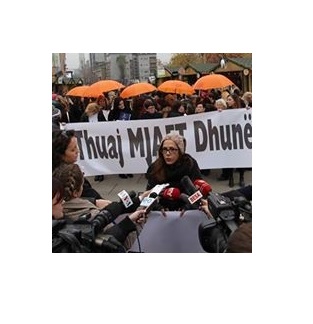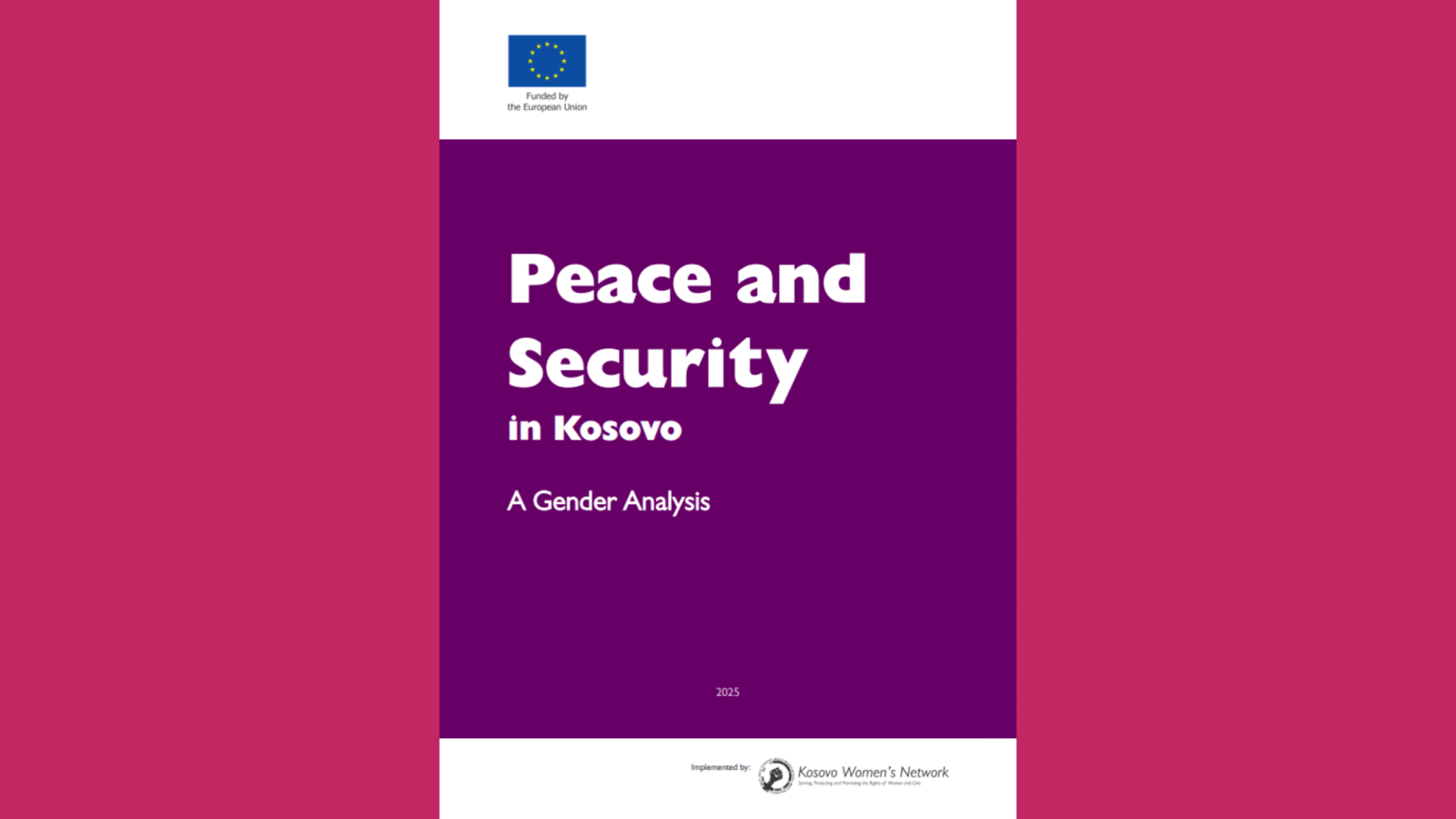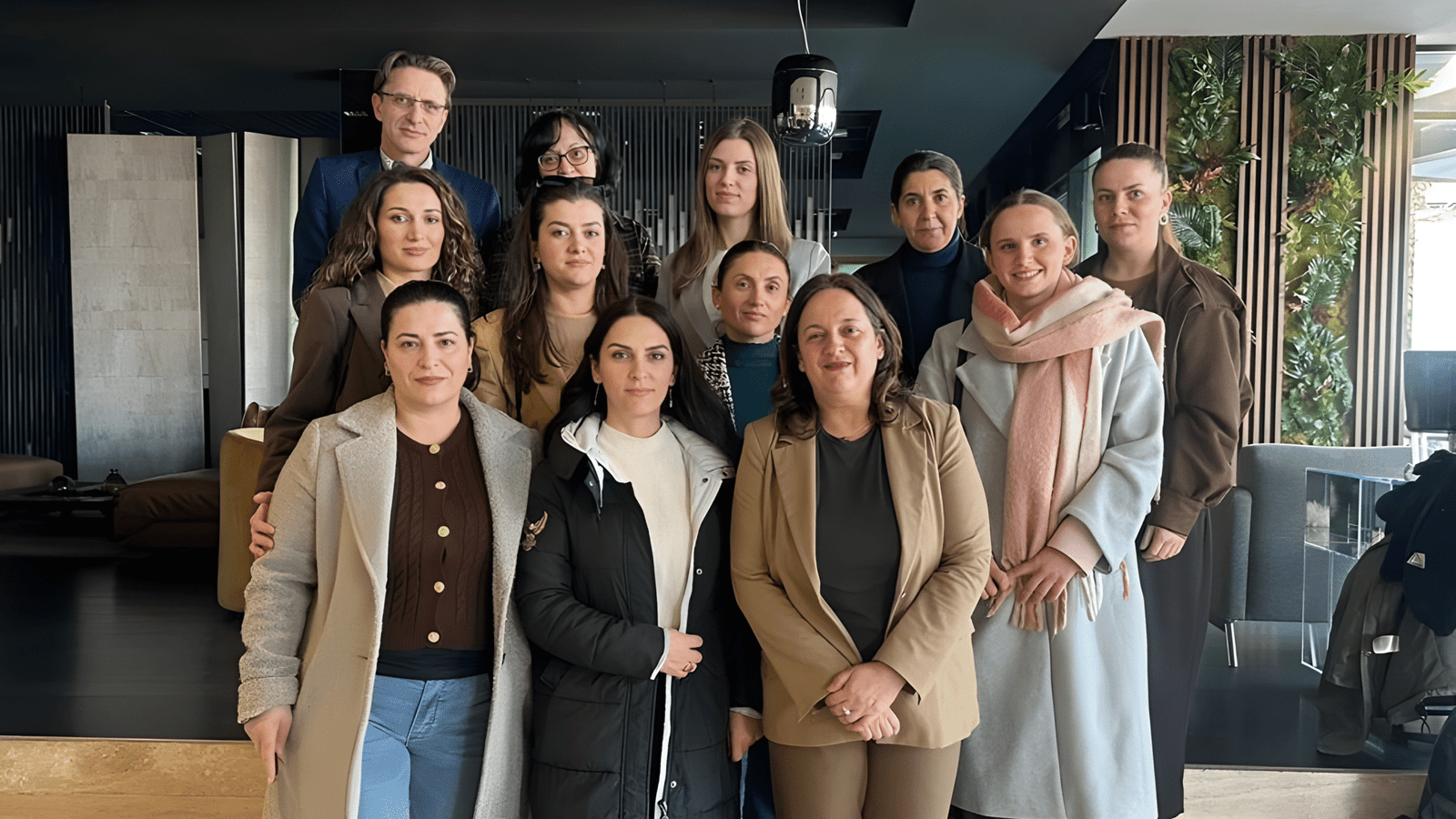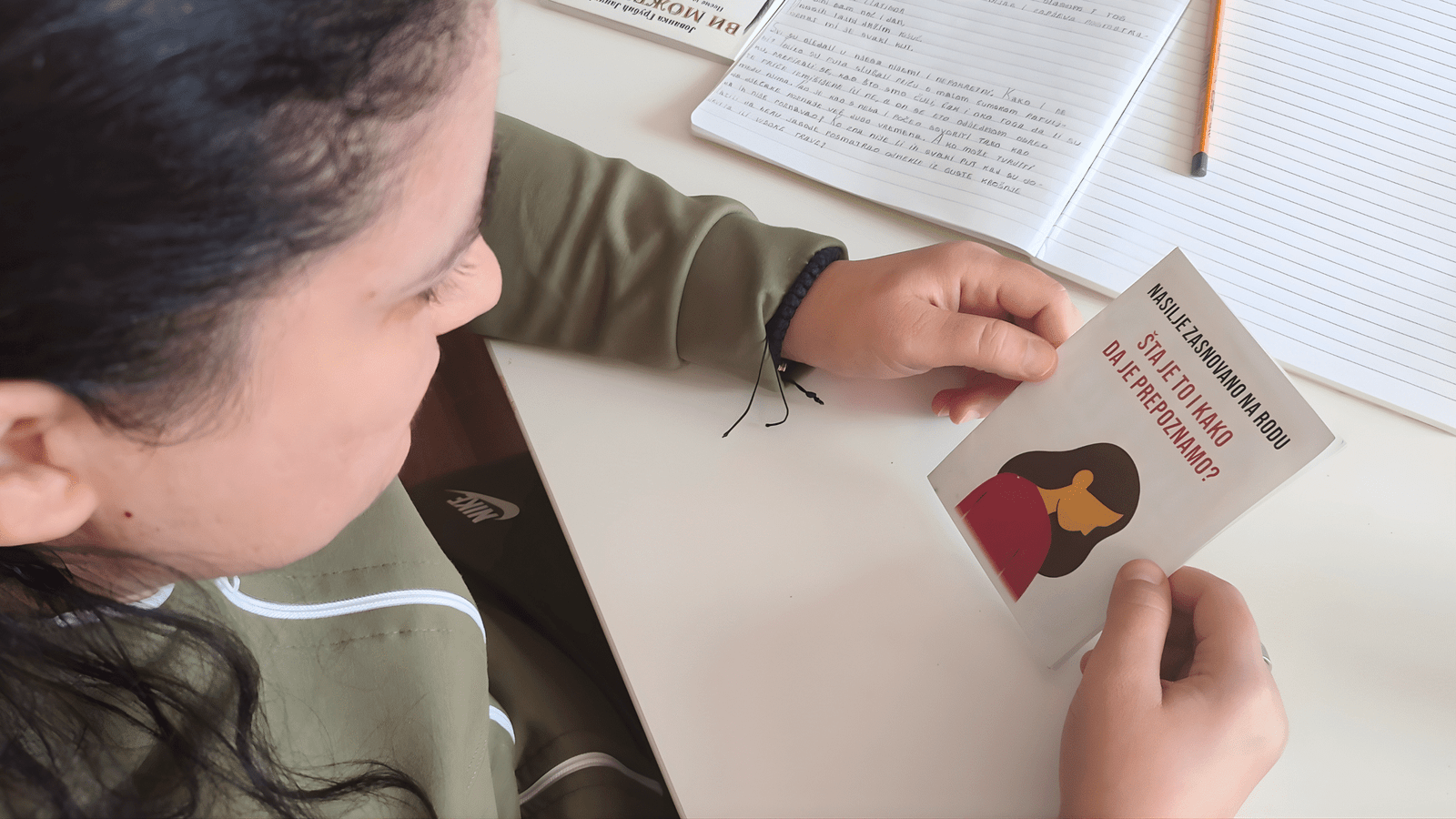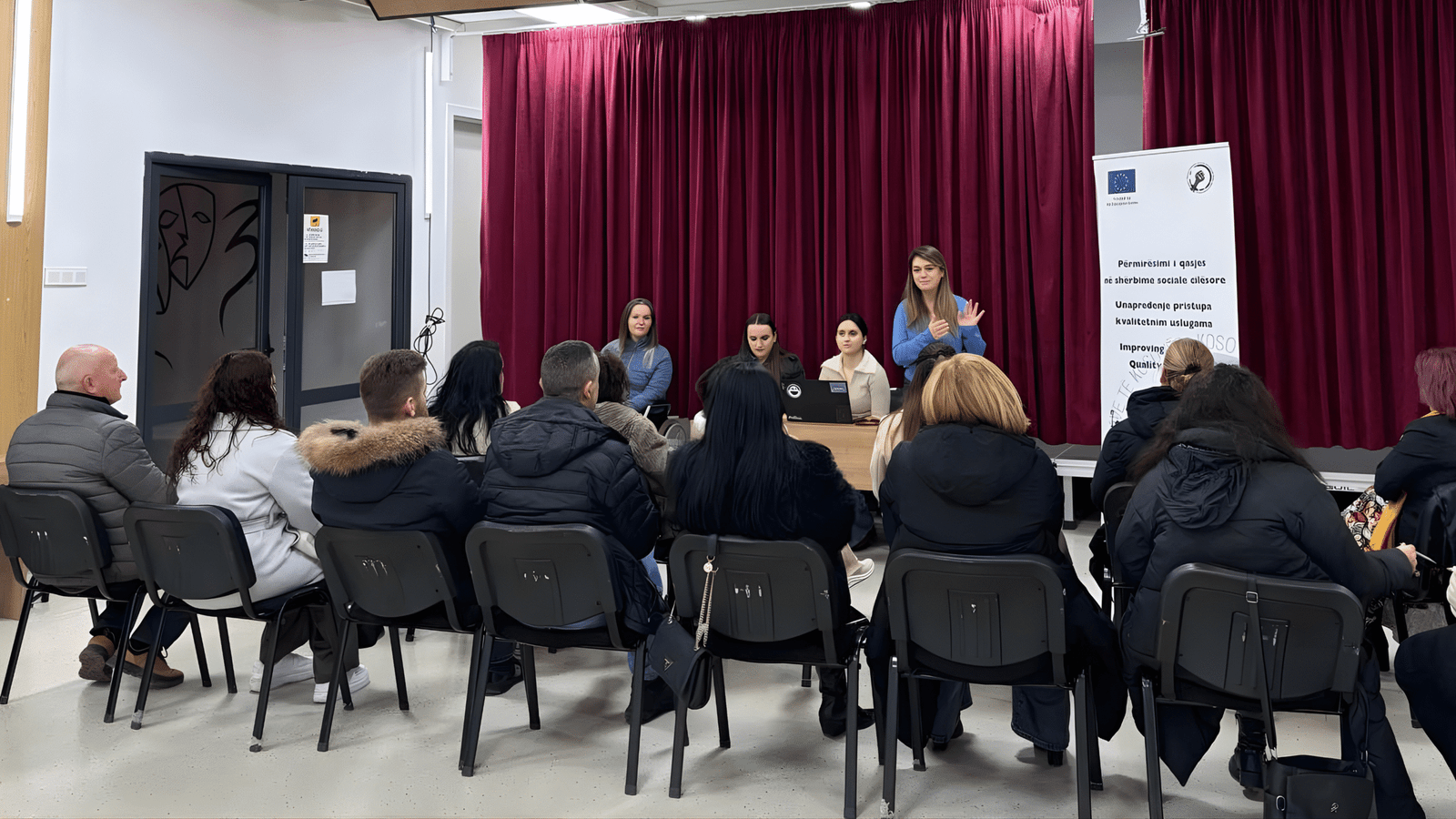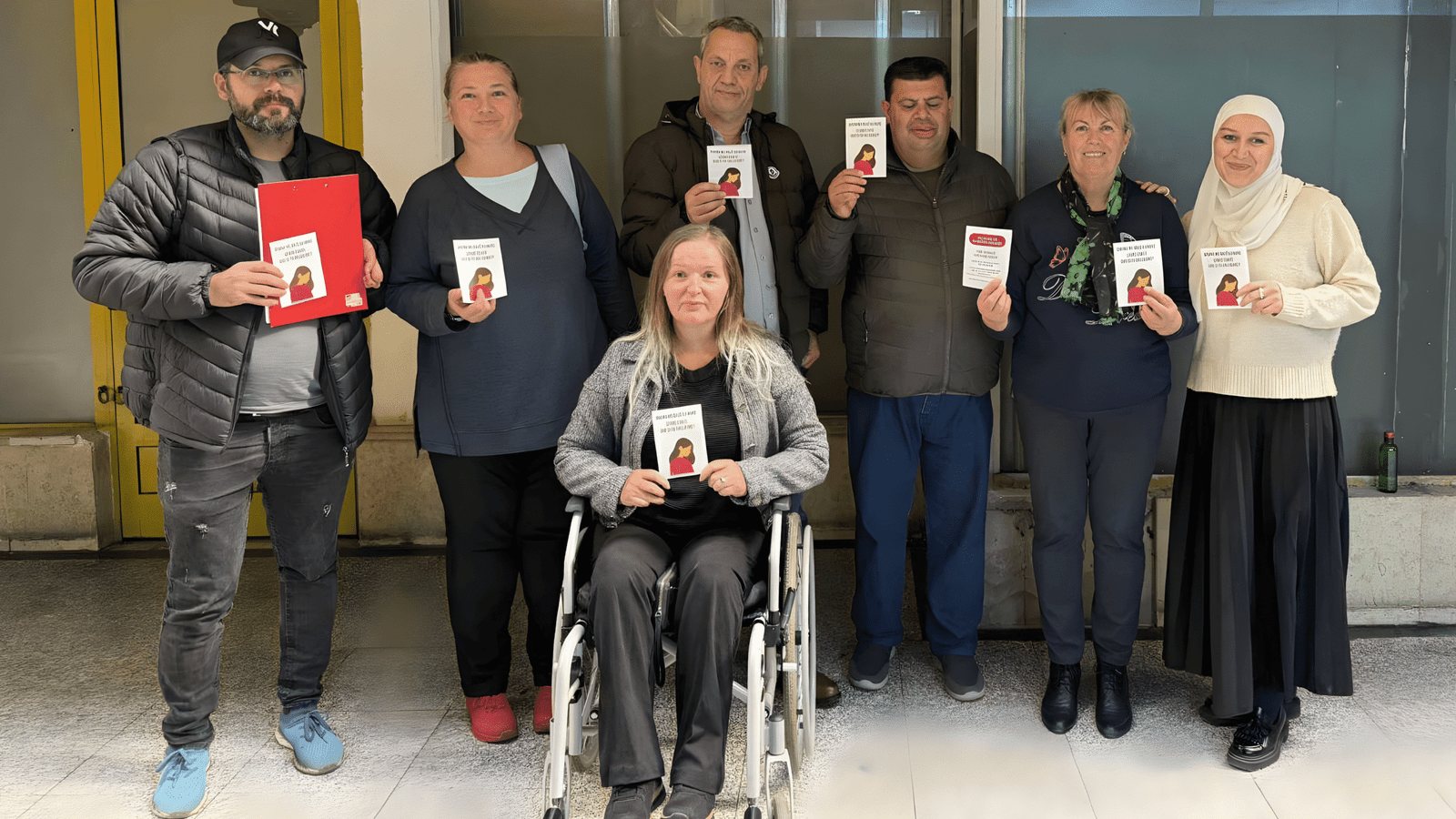On 19 April 2017, the Government of Kosovo launched the National Strategy of the Republic of Kosovo on Protection from Domestic Violence and Action Plan 2016-2020. The Strategy draws heavily upon data and recommendations made by the Kosovo Women’s Network (KWN). More than 70% of the recommendations that KWN made in its most recent report No More Excuses: An Analysis of Attitudes, Incidence and Institutional Responses to Domestic Violence in Kosovo (2015) were incorporated in the National Strategy, which also directly cites KWN on 13 separate occasions.
Initiated by the National Coordinator against Domestic Violence, then Deputy Minister of Justice Lirak Çelaj, the process of drafting the new National Strategy began in November 2015. The process was very participatory, engaging diverse institutions, civil society organizations and other actors. KWN was an active member of the working group, preparing and putting forth specific evidence-based recommendations for the National Strategy, based on its 2015 research.
Indeed, during the official launching of the new National Strategy, Chief Executive Officer of the Agency for Gender Equality Edi Gusia observed that “the partnership between the government and civil society organizations has led to an improved strategy”. Moving forward, she emphasized the need for its implementation at both national and municipal levels.
Minister of Justice Dhurata Hoxha similarly urged cooperation among different ministries and agencies in implementing the Strategy effectively. She said that she herself has “given special priority to combating this negative phenomenon”.
The Deputy Chief of Mission of the United States to the Republic of Kosovo, Colleen Hyland; the new National Coordinator against Domestic Violence Mr. Munir Basha; and UN Women Head of Office Flora Macula also spoke at the launching event. Several officials from relevant institutions participated, among other stakeholders.
The political commitments made in relation to this National Strategy could not have come at a more opportune time, as media recently have suggested potential injustices within the justice system and covered several cases of domestic violence. Growing demand exists among several citizens for improved prevention of domestic violence, protection for victims and justice for perpetrators.
A Kosovo-wide household survey conducted as part of KWN’s aforementioned research found that 62% of Kosovars (68% of women and 56% of men) have experienced some form of domestic violence in their lifetimes. Twice as many women (41%) as men (20%) reported suffering domestic violence in 2014. Although the situation has improved compared to 2008, KWN still found several shortcomings in the performance of institutions legally responsible for supporting persons who have suffered domestic violence. Rehabilitation and reintegration programs remain severely under-funded and insufficient. The new Strategy sets out several steps that should be taken towards addressing some of these issues.
This is the second time that KWN’s research has been used to inform improvements to the legal framework and mechanisms related to addressing domestic violence. KWN’s 2008 research Security Begins at Home examined the legal framework, awareness about domestic violence and relevant institutions’ performance; it informed the Law on Protection from Domestic Violence and the first Kosovo Program and Action Plan against Domestic Violence 2011-2014. The prior research was carried out for the Agency for Gender Equality with support from the United Nations Development Programme.
Since 2014, the Austrian Development Agency (ADA) has provided crucial long-term support to KWN, which has enabled KWN’s research, ongoing advocacy initiatives and awareness-raising efforts towards addressing domestic violence and other forms of gender-based violence in Kosovo. ADA’s trust and partnership has enabled KWN to react to unforeseen issues that arise and to take a continuous, holistic approach to addressing gender-based violence in Kosovo.

